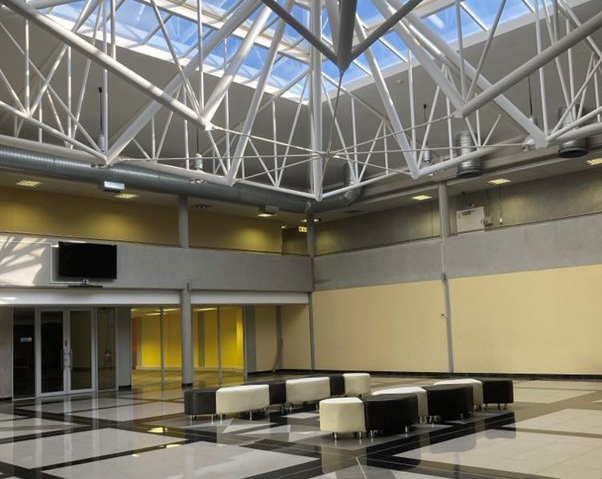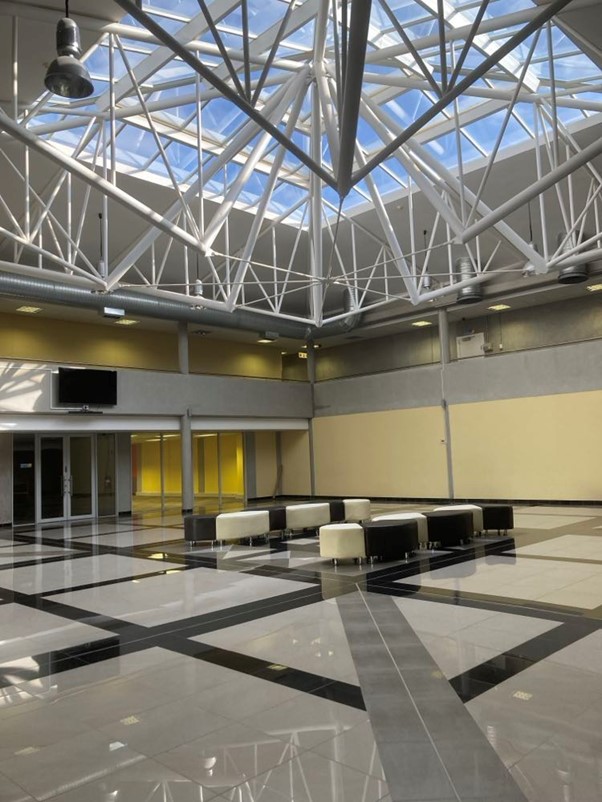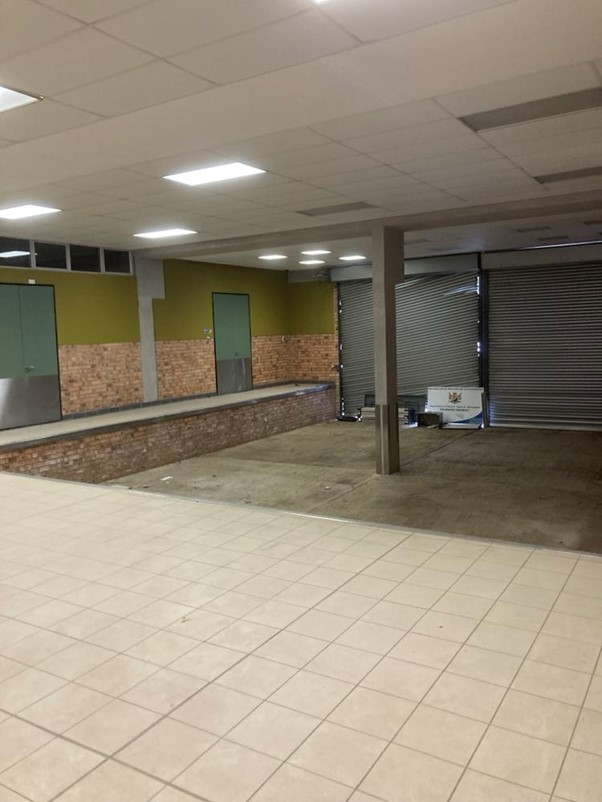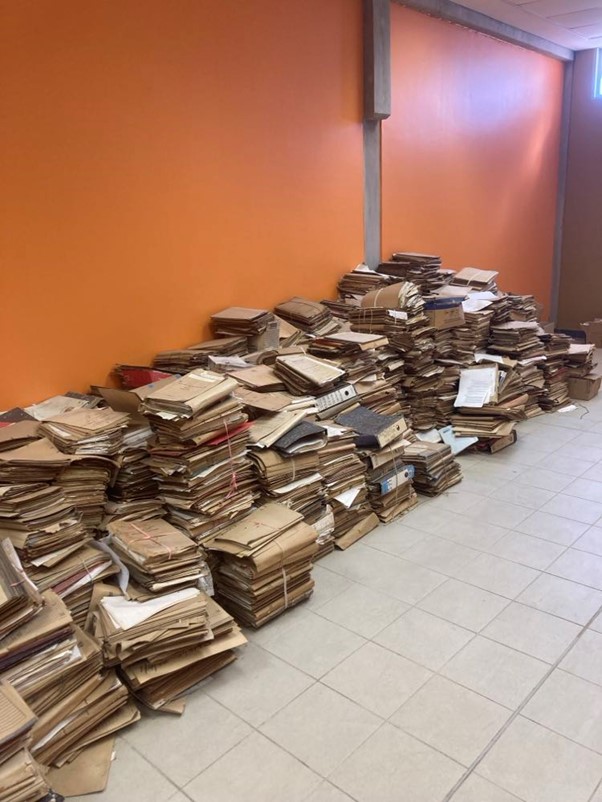From Kew to KaNgwane: The Development of a Case Study in British-Bantustan Relations
History journal blog

This blog post complements the first view publication of the author's History journal article: “‘A cultivated leader and sensible spokesman for black African views’: Britain's Courting of KaNgwane Chief Minister Enos J. Mabuza”.
During my doctoral studies into British cultural diplomacy in apartheid South Africa, I developed a keen interest in the history of the Bantustans – ten territories that were granted ‘self-governing’ status or ‘independence’ by Pretoria. The National Party government presented this as a form of internal decolonisation which gave each of South Africa’s Black ethnic groups their own ‘homeland’. Nonetheless, this was generally very poor quality land, and the real intention was to remove dependents from ‘white’ areas while entrenching the pre-existing migratory labour system.
It is not surprising, therefore, that anti-apartheid activists criticised the homeland leaders describing them as stooges and sell-outs. However, recent scholarship has challenged this assumption by demonstrating that the Bantustan leaders did have a degree of autonomy and some of them used this to help the liberation struggle. This was particularly true of Enos Mabuza, Chief Minister of the Swazi homeland of KaNgwane. Mabuza, working with another renegade Bantustan leader, KwaZulu Chief Minister Mangosuthu Buthelezi, was forthright in his refusal to accept ‘full independence’ for KaNgwane and also successfully challenged an attempt by Pretoria to cede parts of their territories to Swaziland in the South African Supreme Court. In addition to this, Mabuza also met the leaders of the banned African National Congress (ANC) in exile in Zambia in 1986.
Initially, British officials felt that the homeland project presented an opportunity to develop closer relations with influential Black South Africans. This position was re-evaluated following the anger the international community displayed when Transkei was granted ‘independence’ in 1976. Nonetheless, certain homeland leaders were still viewed positively by British policymakers, in particular Buthelezi, Mabuza, and to a lesser extent Lebowa Chief Minister Cedric Phatudi. Due to the richness of the source material in the National Archives, and the fact Mabuza managed to walk a careful tightrope between maintaining a relationship with the apartheid state and developing contacts with the ANC, I chose to focus on British policy towards KaNgwane as the first publication of a post-doctoral project into Britain’s relations with the Bantustans. To ensure a Eurocentric approach was not adopted, I successfully applied for internal funding which allowed me to undertake archival research in South Africa at the National Archives (SANA) Pretoria, which houses the South African government files, and at the Mpumalanga Provincial Archives, where the KaNgwane ‘government’ files are located.
Gaining access to the KaNgwane files was, however, no easy task. Laura Phillips’ article in ‘the People’s Guide to Archives’ was very helpful in explaining where the various homeland government files are stored, but finding the right contact details of relevant archivists proved challenging. I put a post on social media seeking help from historians of South Africa with information about the Mpumalanga Provincial Archives. One scholar kindly said they would visit the archives while passing to provide reconnaissance and found it closed on a weekday – a worrying sign.
I also contacted Phillips directly who put me in contact Tara Weinberg - who had recently used the KaNgwane files – who in turn provided me with contact details for the relevant archivist. This, however, was not the end of the story as the archivist first denied that the KaNgwane files were there before stating ‘yes they are here’ but as ‘they are not arranged we can’t guarantee their safety’.
Despite concerns about gaining access, I went ahead with my research trip. The Mpumalanga Provincial Archives are housed in an impressive and relatively new building. The KaNgwane files, however, are stored in two rooms adjacent to a garage in the basement. One room has been organised by a team of interns who previously worked there on a temporary basis while the other was uncatalogued. The archivists’ safety concerns appeared to stem from the significant amount of dust as well as the presence of silverfish feasting on the files. Additionally, when I made the visit in May 2023 ‘load shedding’ – rolling power cuts due to an insufficient electricity supply – was at its peak in South Africa. This proved particularly challenging in a basement with only two very small windows and led me to have to carefully find my way out of the garage using mobile phone torch light on several occasions.
 |
 |
 |
| Figure 1. The atrium at the Mpumalanga Provincial Archives. Author’s own. | Figure 2. The garage in the basement where the KaNgwane files are stored. Author’s own. | Figure 3. The uncatalogued files. Author’s own. |
On my second day there an intern very kindly came to help me sift through the uncatalogued files and also asked me a lot of questions about their favourite television programme – Geordie Shore – set in my hometown of Newcastle. Despite the challenges we faced we were able to find some useful material to complement my files from Kew. This included a letter from Mabuza to prominent western leaders, files discussing visits by British officials to KaNgwane, and cabinet minutes.
I subsequently received a small grant from the British International Studies Association to fund a similar project analysing British policy towards the independent homeland of Bophuthatswana. As part of this research, I spent time working at the Historical Papers Research Archive and the South African History Archive both based on the University of Witwatersrand campus in Johannesburg. In addition to uncovering material for the Bophuthatswana project, I also found manuscripts of several of Mabuza’s speeches which helped further strengthen my analysis.
I have drawn three key conclusions from my research into British-KaNgwane relations. Firstly, Britain’s efforts to forge ties with Mabuza and other moderate Black South African leaders should be viewed in the same vein as efforts by policymakers from an early generation to identify moderate leaders to hand power to during the decolonisation process elsewhere in Africa. Secondly, Mabuza was by no means passive in this process, he sought support from Britain and other western nations to strengthen his position of power against any potential interference by Pretoria, but also in an attempt to gain material benefit for KaNgwane. Finally, my experience, and subsequent success, in finding useful archival material in South Africa despite several challenges is testament to the value of being persistent as a researcher when undertaking international history projects.

